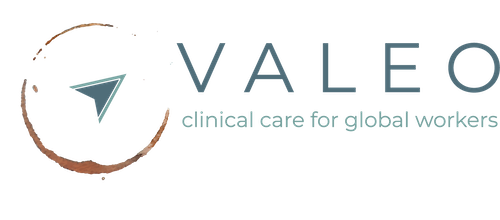Think You Might Need Counseling?
You may wonder, “How do I know if I need counseling? Is this serious enough?” “How do I know if I have a ‘mental health issue’?” “What if it seems more like a spiritual issue, but I’m feeling anxious or depressed as a result?” We hope this brief set of common questions and answers will help you determine if counseling can benefit you.
Who needs counseling?
Most of us can benefit from counseling at some point in our lives. We all have past hurts to heal from, sticky situations or seemingly irreconcilable conflicts to navigate, tough transitions, or other challenges that arise. Having an objective person to talk to who maintains confidentiality and has specific training in helping people work through their problems can be invaluable. If there’s an area of your life where you’ve tried everything you can think of and seem to be getting stuck, meeting with a counselor can help.
Counseling can sometimes be more proactive, too. “Our family is going through a big transition to a new country. How do we ensure that we’re all handling this well and that we can thrive here long-term?” Or “I’m doing OK overall, but sometimes I don’t handle stress that well. How can I make adjustments now so I don’t end up burning out?” Or “Our marriage is pretty good, but there are times we fall into negative patterns we just can’t seem to break out of.” Meeting with a counselor initially for an assessment and then every six months for a check-up can be an effective way to help head off problems before they reach a crisis point.
What is an “initial assessment”?/What happens in the first appointment?
If you decide to give counseling a try, what happens next? After you fill out our intake form, our team of licensed counselors will review your needs and connect you with one of our providers. The first appointment, also called an initial assessment, is a chance for the provider to find out more about you as a whole person and what you’re hoping to get out of counseling. This will vary a bit depending on the provider’s style, but in general, they will find out about your concerns and also “zoom out” a bit to know and appreciate you as a whole person. That provides context for understanding the challenges you’re facing now. From there, your provider can set goals and come up with a plan to meet your needs. Occasionally, that may mean referring you to other resources that may be a better fit but either way, you will come out of that initial assessment with recommendations to move forward.
What can I expect in the counseling process?
This also can vary from one provider to another and will be customized to your needs as well. In general, you’ll work together to determine what goals you want to work toward and how much time you’re able to invest to get there. In that process, you’ll figure out how many sessions will be needed. Global workers tend to face a lot of changing circumstances, so the initial plan can be adjusted as needed along the way, including adding or adjusting goals to meet changing needs.
Are you ready to get started?
Valeo has helped global workers from 125 Sending Agencies working in 86 countries. We’d like nothing more than to help you. Why not Start Now?


